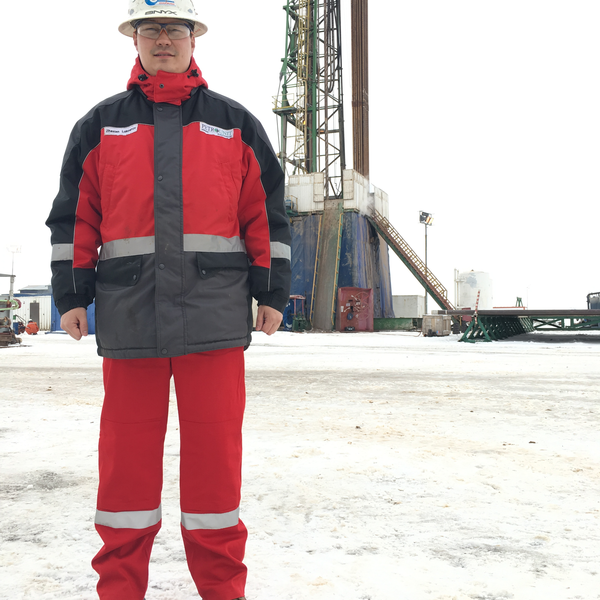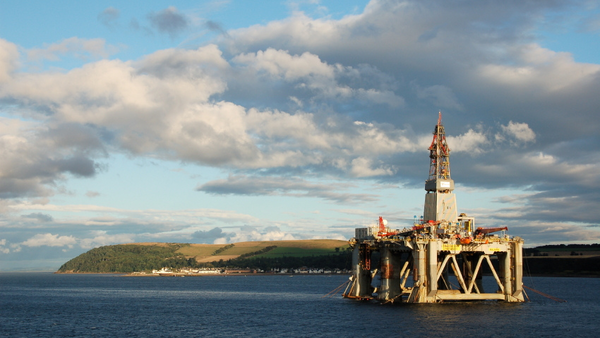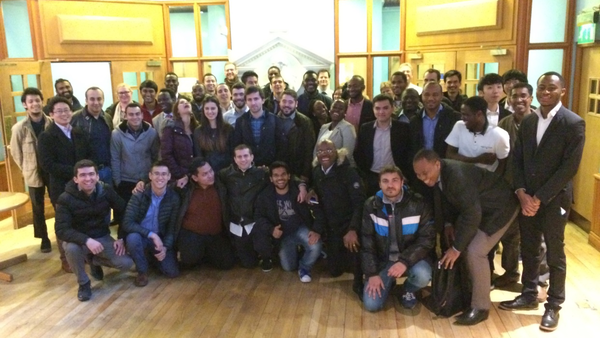Entry Requirements
Qualifications
The information below is provided as a guide only and does not guarantee entry to the University of Aberdeen.
- 2:1 (upper second class) UK Honours degree, or an Honours degree from a non-UK institution which is judged by the University to be of equivalent worth in any branch of Engineering or Applied Mathematics.
- Those with a High 2:2 Honours degree in Engineering or Applied Mathematics may also be considered if they can demonstrate 2+ years of relevant experience.
- Students with Geology, Physics or Chemistry degrees may be considered if they have a 2:1 degree AND 2+ years relevant work experience.
- Key subjects you must have covered: Mathematics and Physics.
Academic Technology Approval Scheme (ATAS) certificate
The CAH3 code for this degree is CAH10-01-09. Students who need a visa to live or study in the UK must to apply for ATAS clearance. The ATAS clearance certificate must be valid when you apply for a visa to enter the UK. To find out if you need to apply for ATAS clearance, please visit https://www.gov.uk/guidance/academic-technology-approval-scheme
Please enter your country to view country-specific entry requirements.
English Language Requirements
To study for a Postgraduate Taught degree at the University of Aberdeen it is essential that you can speak, understand, read, and write English fluently. The minimum requirements for this degree are as follows:
IELTS Academic:
OVERALL - 6.5 with: Listening - 5.5; Reading - 5.5; Speaking - 5.5; Writing - 6.0
TOEFL iBT:
OVERALL - 90 with: Listening - 17; Reading - 18; Speaking - 20; Writing - 21
PTE Academic:
OVERALL - 62 with: Listening - 59; Reading - 59; Speaking - 59; Writing - 59
Cambridge English B2 First, C1 Advanced, C2 Proficiency:
OVERALL - 176 with: Listening - 162; Reading - 162; Speaking - 162; Writing - 169
Read more about specific English Language requirements here.
Document Requirements
You will be required to supply the following documentation with your application as proof you meet the entry requirements of this degree programme. If you have not yet completed your current programme of study, then you can still apply and you can provide your Degree Certificate at a later date.
-
CV
-
an up-to-date CV/Resumé
-
Degree Certificate
-
a degree certificate showing your qualifications
-
Degree Transcript
-
a full transcript showing all the subjects you studied and the marks you have achieved in your degree(s) (original & official English translation)
-
Personal Statement
-
a detailed personal statement explaining your motivation for this particular programme








